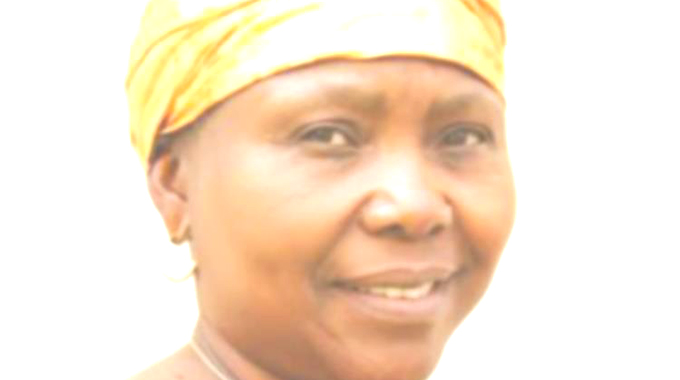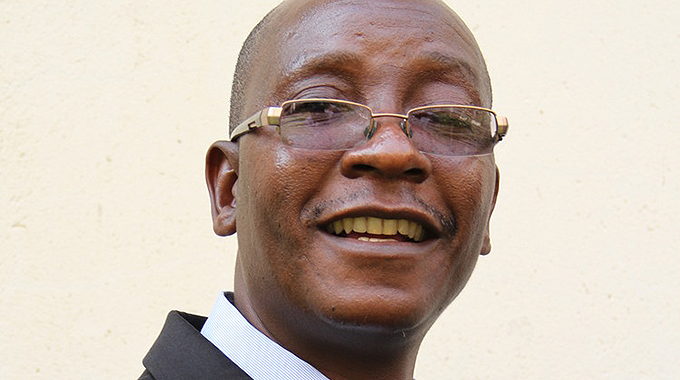Barbarians, be warned!

Tichaona Zindoga Acting Editor
There is a sense of foreboding regarding the planned demonstrations by Zimbabwe’s opposition MDC-Alliance.
This is because everyone knows that “success” of the demos — measured in terms of attracting global attention — is predicated on violence.
Over the past year — and as many as two decades before — it has been shown that the opposition MDC’s protests and mass actions are built on the proviso of chaos and fomenting disorder in the country.
According to a particular line of reasoning, a peaceful demonstration is a non-event: it does not provide good optics for television and raises no political stakes.
A violent demonstration, and threats thereof, make an impact. A statement.
This is the cold calculation of those behind demonstrations here and elsewhere, terrorists included.
For ordinary people, violent carnage, loss of lives and property and instability present a picture that we all don’t want to see.
Those who embark on demonstrations or threaten the same hold these things as a negotiating tool with authorities.
This is hardly epiphanic knowledge.
As the threat of violent demonstration looms in Zimbabwe with the planned violent disturbances instigated by the MDC-Alliance, which authorities have since declared prohibited, Zimbabweans and other people of goodwill are worried, and rightly so.
Why should violence be a political tool when Zimbabwe, under President Mnangagwa has an opportunity to do better politics in a tolerant and fraternal environment that the Head of State and Government has actually held out from the day he assumed leadership?
The President has been magnanimous to call for dialogue among Zimbabweans.
He has gone on to engage students, women, civil society, chiefs and interest groups such as representatives of the Matabelaland Region?
He has offered closure to chapters of our violent past embodied in the ugly Gukurahundi episode of the first decade of Independence in 1980.
He has opened the democratic space by reforming laws and aligning them with the Constitution of the country.
The majority of the reforms are strictly and sincerely for the consumption and enjoyment of the domestic constituency.
Good behaviour on the part of Government also is good politics for the diplomatic world.
Just why would the opposition in Zimbabwe want to repay this with violence and carnage?
Several reasons are clear.
The opposition in Zimbabwe — which lost elections in July 2018 — and have gone on to lose the majority of subsequent by-elections, has no intention to take its place as a democratic alternative to the ruling party.
This is largely because it is bereft of ideas that can be useful in the national discourse.
The national dialogue process would have offered a good opportunity to air these ideas, but the opposition MDC-Alliance turned down the offer to join.
The party’s leader could have been useful in the official position of Leader of the Opposition in Parliament, but he too snubbed the prospect.
We are justified to state that the opposition has no cogent ideas — much less governing ones — because we know that just recently, it launched a forgettable “policy document” called RELOAD.
No one is talking about it.
Such poverty of ideas!
All the opposition can do now is to unleash violent demonstrations and reload them when the currency wears out.
We suspect this will be the pattern till the next elections.
Or when and if violent demonstrations achieve undemocratic change of Government.
This is an option that the opposition has had on the table for the whole length of its existence: from Morgan Tsvangirai (May his soul rest in peace) declaring intention to remove the then President of the Republic violently, to date when a Job Sikhala threatening the same.
We may yet be entering an era where the opposition has just decided to increase incident of these violent showdowns.
Part of motivation for this is the misplaced idea that Zimbabwe can fall in the same manner that swept away governments in North Africa during the so-called Arab Spring.
Without going into detail about whether that can be achieved or not, it is crucial to note that — as argued throughout and above — the opposition has failed at the level of ideas.
The world should be a richer place for dialogue given the enlightenment of evolving modernity.
However, the opposition in Zimbabwe is developing the other way: it is regressing and assuming basest instincts of violence.
The question then becomes, to what extent can this go, or — more appropriately – be allowed to go?
The fact of the matter is that the violence being instigated by the MDC-Alliance in Zimbabwe is largely to elicit diplomatic sympathy and the authors of the script want it dramatic enough, but not exactly sustained.
The opposition lacks capacity and sophistication.
What we are witnessing is a barbaric political negotiation through violence.
The beneficiaries — whether real or imagined — of such negotiation is hardly the populace.
Man and women of Zimbabwe who are put on the frontline of demonstrations won’t get anything, even in the unlikely event of an illegal change of Government.
It is about the selfish interests of leaders.
Nelson Chamisa himself has previously talked about walking on dead bodies to State House.
That’s not elevating.
Now we know that opposition’s rallying of violent demonstrations is narrow and self-serving.
It’s barbaric.
In light of all this, it will be prudent for authorities to be clinical in taking out all the troublemakers and stop the mischief of the opposition.
A statement also has to be sent here and now that because of the huge cost that violence and threats of violence cause to the country and its image; business and individual lives, authors of chaos will not be tolerated.
There has to be a limit, and enough lessons have been learnt.








Comments